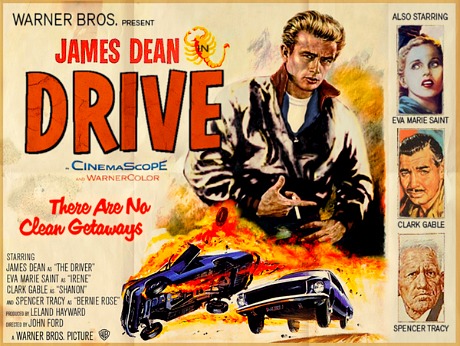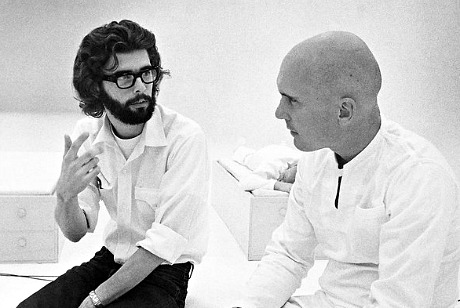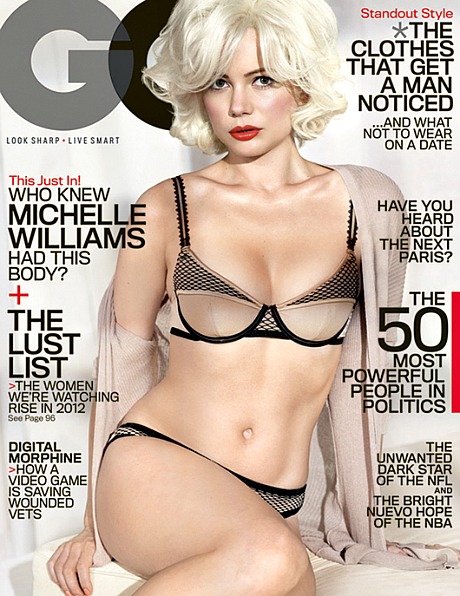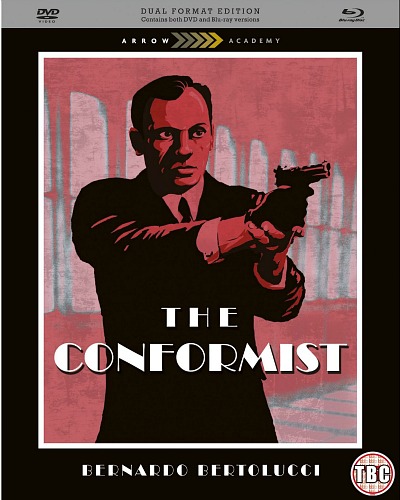I’m expecting to hear tomorrow which foreign-language films are on the Oscar shortlist, but in the meantime TheWrap‘s Steve Pond has predicted that my two biggest favorites after A Separation — Gerardo Naranjo‘s Miss Bala and Jose Padilha‘s Elite Squad: The Enemy Within — will not make the initial list of six.
Is Pond envisioning a scenario in which even the executive committee won’t step up and include them? I can’t imagine Mark Johnson and pallies, who have the power to add three extra titles for a total of nine, not putting Miss Bala on the list…c’mon.
All of the films on Pond’s list fit the conventional older person’s definition of what a Best Foreign Language Oscar nominee ought to be — contemplative, character-driven, heartfelt, intimate, a theme about social discord, Holocaust-y: Monsieur Lazhar (Canada), Le Havre (Finland), A Separation (Iran), Footnote (Israel), Where Do We Go Now? (Lebanon) and In Darkness (Poland).
Pond hears that Superclasico “played very well to the general committee.” (I recently saw it at the Palm Springs Film festival — it’s a decently done, mildly appealing adult comedy.) He adds that Belgium’s Bullhead, whose “director and star are getting a lot of heat”, is another contender. I saw it a month ago and it’s not bad, but it’s nowhere near the level of Miss Bala in terms of striking style.







